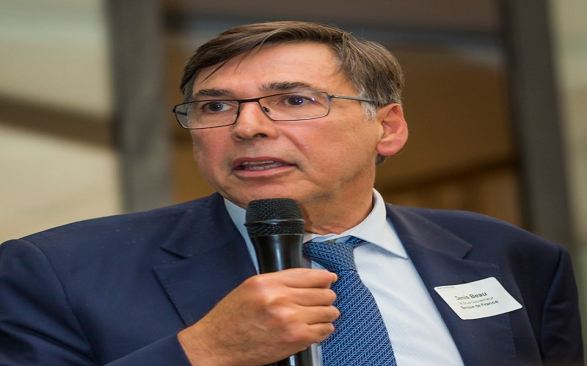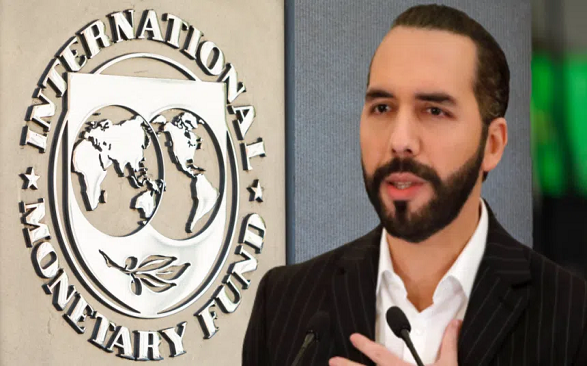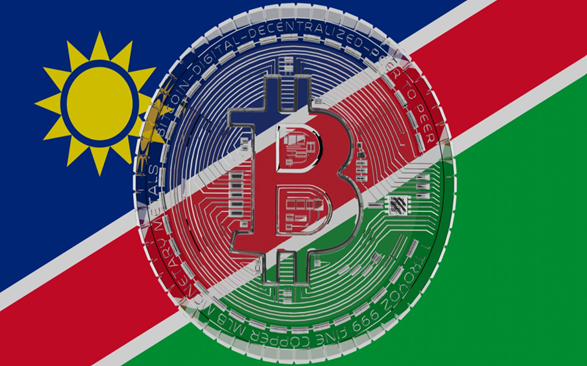Will 2022 go down in history as the year that marked “the beginning of the end” of crypto-assets and decentralised finance (DEFI)?
It is true that their expansion has been very rapid and creative, and that a side effect of this has been a rise in the risks and losses faced by market players and their clients. Some of the blow-ups have been spectacular, with the collapse of the third largest “stablecoin” system (which was clearly a misnomer), Terra-Luna, the bankruptcy of FTX, one of the largest global crypto asset exchanges, and its knock-on effects on other players in the ecosystem, including liquidity providers such as Genesis or BlockFi. These events have wiped close to 70% off the market value of crypto-assets, taking it back to where it was at the start of 2021.
We have probably not yet seen the full fall-out of these major upheavals, but we can already draw numerous lessons from them.
An important one relates to the general principles of organisation and resources – related to governance, internal control, the protection of clients’ assets, the separation of activities and prevention of conflicts of interest with affiliated entities, accounting, transparency… – that apply to traditional financial players given the risks inherent to financial activities. Up until now, these principles have only applied to a very limited scope of crypto-asset players, and their content has varied from one jurisdiction to another and tended to be lenient, on the grounds that these players help to disseminate innovation and should not be unduly stifled.
The difficulties some players have found themselves in, the cross-border contagion effects, the losses and thefts faced by clients… all of this makes it crucial that we now reconsider this policy and move rapidly, at the domestic, European and international levels, towards broader, more stringent and more harmonised regulatory requirements, in line with the recommendations of the G20 and FSB on consumer protection, financial stability and the prevention of money laundering. At the Banque de France and ACPR, thanks to our experience in supervising financial players and the financial system as a whole, we are convinced that the crypto-asset and DEFI universe can only expand again, usefully and sustainably, if there is an appropriate regulatory framework in place that provides a guarantee of trust. This framework should aim to create a level playing field for all market players, and hence prevent the damage caused by “rogue” players, which is what we have seen up to now. It should also aim to strike a balance between the goals of protecting customers and safeguarding financial stability on the one hand, and the operational realities faced by these players on the other.
Europe has led the way in this field, defining a new regulatory framework, known as MICA (Markets in Crypto Assets regulation), which should come into force in the first quarter of 2023 and take effect in 2024. In the meantime, in France, the introduction of a requirement to obtain approval as a DASP (Digital Asset Service Provider) rather than simply registering with the authorities, which is currently under discussion, is a good idea. It should help players that are present or in the process of setting up in France to adapt more rapidly to a regulatory environment that allows them to innovate within a framework of trust.
Credit: This piece, ‘The world of crypto assets: the moment of truth’, was first published by Banque de France, 6 January 2023. It is republished here with due permission from Banque de France. According to the press and communication officer for the Banque de France first deputy Governor Denis Beau, Denis Beau has written the contribution above ahead of the conference he would attend in New York, Opportunities and Challenges of the Tokenization of Finance, 17 January 2023.
Discover more from Crypto Asset Buyer
Subscribe to get the latest posts sent to your email.





